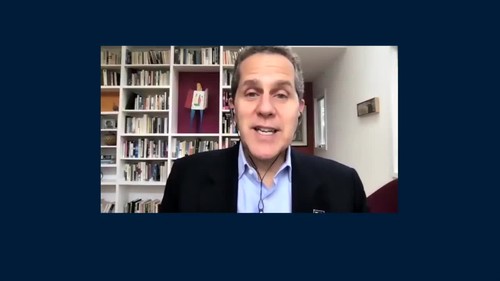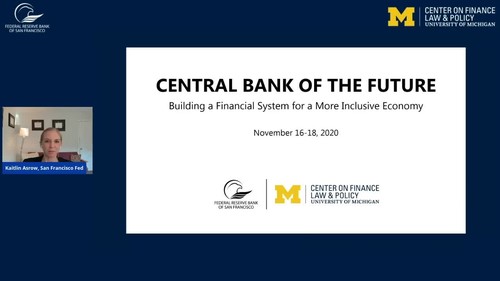
Andrew Olmem
Andrew Olmem is a partner in Mayer Brown's Washington DC office and a member of the Public Policy, Regulatory & Political Law practice. Prior to joining Mayer Brown, he served as the Deputy Assistant to the President for Economic Policy and Deputy Director of the US National Economic Council (NEC) where he oversaw the development and coordination of all domestic economic policies, including for financial services, technology, telecom, energy and infrastructure.
During his tenure in the White House, Andrew played a key role in the passage of the Coronavirus Aid, Relief, and Economic Security (CARES) Act, landmark legislation to address the economic downturn due to the coronavirus, and leading the administration’s regulatory reform initiatives. His work coordinating economic policy has been publicly praised by the leadership of US financial regulators.
Andrew joined the NEC in 2017, where he worked for then-NEC Director Gary Cohn and current Director Larry Kudlow. He previously served as the Special Assistant to the President for Financial Policy at the NEC, where he devised and coordinated the administration’s policies on financial services, housing finance and fintech. He led the administration’s successful efforts to pass the Economic Growth, Regulatory Reform and Consumer Protection Act, the most significant financial services legislation in a decade. He also developed the administration’s housing finance reform initiative to end the conservatorships of Fannie Mae and Freddie Mac.
Before joining the White House, Andrew was a financial services partner in private practice. He previously served as the Republican Chief Counsel and Deputy Staff Director for the US Senate Banking Committee under former Senate Banking Committee Chair and current Senate Appropriations Ranking Member Richard C. Shelby (R-AL). During his more than seven-years at the Banking Committee, he helped craft a wide-range of financial services legislation, conducted prominent congressional investigations and participated in the consideration of legislation in response to the 2008-2009 financial crisis, including the Emergency Economic Stabilization Act (TARP) and the Housing and Economic Recovery Act. As a leading staff negotiator, he played a significant role in the deliberations on the Dodd-Frank Act, the most important financial services regulatory legislation since the New Deal. Andrew began his legal career practicing corporate and securities law at Mayer Brown in its New York office. Before attending law school, he served as an assistant economist for monetary policy at the Federal Reserve Bank of Richmond.
Educational background
- Washington and Lee University School of Law, JD, cum laude
- Washington and Lee University, BA
- Dean's List
Professional affiliations
National Economic Council







